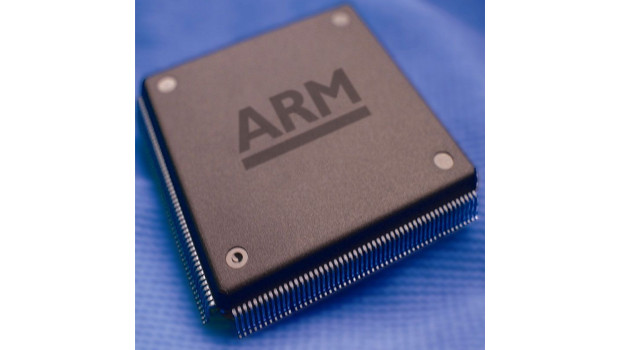Red Hat has developed a version of the Linux operating system that can be used to test chips and associated hardware based on the ARMv8-A 64-bit architecture for servers with the aim of standardising that market.
Based on the company’s Red Hat Enterprise Linux (RHEL), the Linux distribution is part of a partner programme just launched for potential ARM hardware vendors.
“We don’t call it RHEL, but it is a functional, unsupported, operating system for partners to use in their development activities,” said Mark Coggin, Red Hat senior director of platform product marketing.
Red Hat designed the programme to get the hardware manufacturers to settle on a standard implementation of the ARMv8-A specification. ARM does not manufacture its own processors, licensing its designs to chip manufacturers instead.
Interoperability
A standard implementation would mean that customers could purchase ARMv8-A servers from any manufacturer, knowing that their ARM 64-bit operating systems and software will work no matter who created the chip, Coggin said. Red Hat would like Linux ARM to avoid the fate of AT&T’s Unix operating system, which fragmented into a number of different and incompatible versions.
“We see the importance of stepping in early and ensure that we don’t end up with a fragmented approach, where if you wanted to run an AMD implementation of ARM, you’d need one version of Linux, and if you wanted to run a Broadcom implementation of ARM, you’d need another version,” Coggin said.
Some of the work of standardising ARM for servers has been done through an industry consortium started earlier this year, called the Server Base System Architecture (SBSA) specification, as well as through ongoing work from the Linaro Enterprise Group. Red Hat’s unnamed ARM Linux distribution uses specifications from both groups.
Red Hat hopes to influence not only the companies that make the chips but also hardware vendors, original equipment manufacturers and original design manufacturers.
Thus far, manufacturers such as Advanced Micro Devices, American Megatrends, AppliedMicro, Broadcom, Cavium, Dell and Hewlett-Packard have all pledged support to Red Hat’s standardisation efforts.
Hardware compliance
“If ARM is to be a viable competitor in the server space, [hardware providers] have to comply to the common understanding of what is possible to run on this type of server. Customers and users demand that from manufacturers today in the x86 world,” said Yan Fisher, Red Hat technical product marketing manager.
Through the programme, Red Hat will learn more about what the manufacturers need from an enterprise Linux distribution for 64-bit ARM, Coggin said. The operating system may one day become the basis for an ARM version of RHEL.
“We’re trying to understand the platform dependencies from a technology requirements perspective,” Coggin said. “We don’t know if or when this will ever become a product, but we are positioning ourselves in a way that at some point we could enter the market.”
Red Hat’s Fedora project has offered an ARM distribution for the past several years and this release, though based on the Fedora work, is configured more toward ARM server use.
Low power
Although ARM processors are used in most mobile devices, only recently has there been a movement in the industry to use them in data-centre servers as well, where their low-power design could cut energy costs.
Only a handful of ARMv8-A processors and associated hardware are currently available, mostly as early previews for developers or packaged in proprietary systems.
AMD Opteron A1100-Series ARM processors, designed specifically for servers, were released Wednesday to developers. AMD also offers the ARM Cortex-A57 ARMv8 which was designed for system-on-a-chip architectures.
AppliedMicro offers production-ready ARM servers, under the X-Gene brand and Hewlett-Packard is prepping its Moonshot line of ARM servers. Motherboard manufacturer American Megatrends offers a BIOS chip to boot ARM processors.
Joab Jackson, IDG News Service







Subscribers 0
Fans 0
Followers 0
Followers